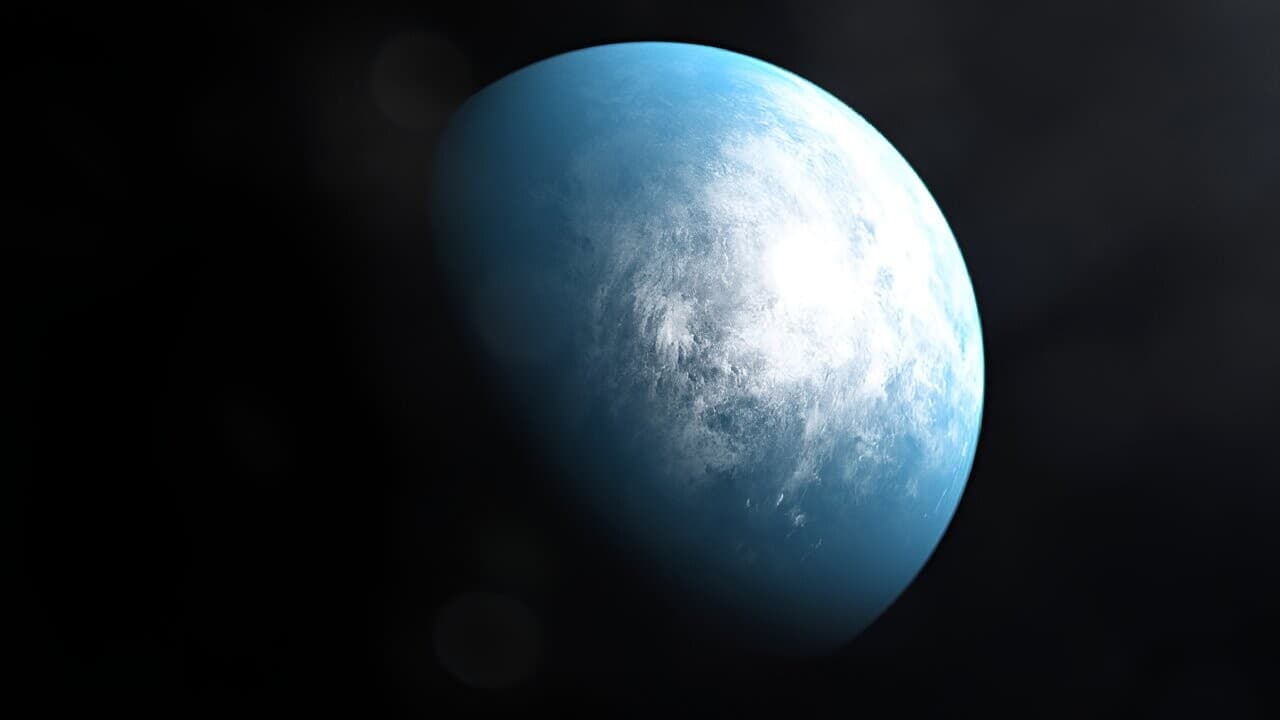A potential ocean world may lie beyond our solar system
Scientists using the James Webb Space Telescope have identified a potential ocean world, LHS 1140 b, located relatively close to Earth. This exoplanet is one of the few discovered in the "Goldilocks zone," an area neither too hot nor too cold for liquid water, a crucial component for life. Since its discovery in 2017, LHS 1140 b has been under intense scrutiny due to its potential to host life-sustaining liquid water.
From mini-Neptune to super-Earth
Initially, LHS 1140 b was believed to be a mini-Neptune, a small gas giant with an atmosphere too dense with hydrogen and helium, to support life. However, recent observations from the Webb telescope have revealed it as a rocky "super-Earth," 1.7 times larger and 5.6 times heavier than our planet. The absence of hydrogen or helium in its atmosphere has ruled out the possibility of it being a mini-Neptune.
A potential water world
According to Martin Turbet of France's CNRS scientific research center, the density of LHS 1140 b suggests it "actually has large quantities of water." Unlike Earth, where oceans represent only 0.02% of its mass, an estimated 10 to 20% of LHS 1140 b's mass is believed to be water. The state of this water—liquid or ice—depends on the planet's atmosphere.
The best bet for alien liquid water
While there is no direct evidence of an atmosphere, several elements suggest its existence, according to Turbet. Lead study author Charles Cadieux from the University of Montreal, stated, "Of all currently known temperate exoplanets, LHS 1140 b could well be our best bet to one day indirectly confirm liquid water on the surface of an alien world." The presence of gases like CO2 will play an important role in determining whether the planet is covered in ice or water.
LHS 1140 b's possible surface conditions
The surface of LHS 1140 b could be mostly ice with a vast liquid ocean, where the planet is most exposed to its star's heat, or the liquid water might be hidden under a thick shell of ice. Cadieux noted signs suggesting "the presence of nitrogen," another potential ingredient for life, but emphasized that more research is needed. The researchers plan to secure more time with the Webb telescope to further study LHS 1140 b.
Future research: Confirming atmosphere and detecting CO2
The researchers estimate that it will take at least a year to confirm whether LHS 1140 b has an atmosphere. Following this, they anticipate needing two or three more years to detect the presence of CO2. This timeline underscores the complexity of studying exoplanets. and the meticulous work required to understand their potential for hosting life.
